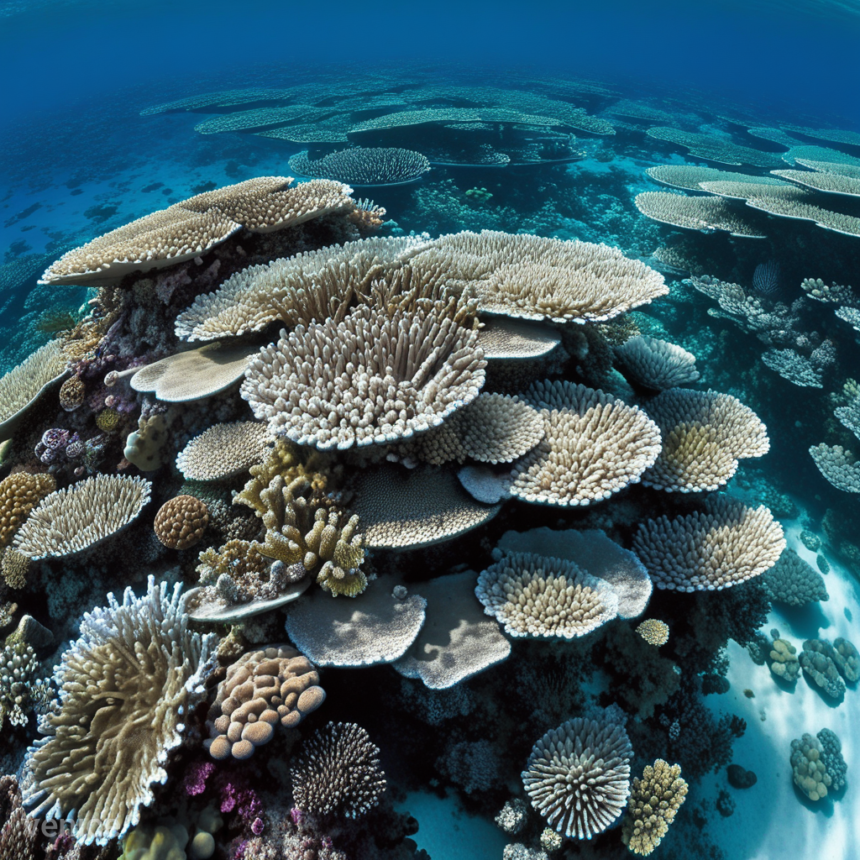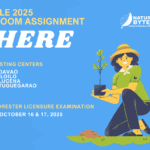Located off the coast of Queensland, Australia, the Great Barrier Reef is one of the most biologically diverse ecosystems on the planet. The world’s largest coral reef system stretches over 2,300 kilometers and comprises more than 2,900 individual reefs and 900 islands. The reef’s unique ecosystem is home to an astonishing array of marine life, including over 1,500 species of fish, 411 types of hard coral, and numerous species of sharks, rays, and sea turtles. However, this incredible natural wonder faces unprecedented threats from human activities such as climate change, pollution, and overfishing.
The Importance of Preserving the Great Barrier Reef
The Great Barrier Reef’s ecosystem is a delicate balance of nature and human impact. The reef’s coral formations provide shelter, food, and breeding grounds for many marine species while protecting coastal areas from erosion by reducing the impact of waves. The reef’s biodiversity is essential for maintaining marine life’s health and plays a critical role in supporting commercial fisheries and tourism industries. In fact, the Great Barrier Reef generates billions of dollars annually through tourism and supports thousands of jobs in the region.
Threats Facing the Great Barrier Reef
Despite its importance, the Great Barrier Reef faces significant threats due to human activities. Climate change is one of the reef’s most pressing issues, with rising sea temperatures causing widespread coral bleaching. Coral bleaching occurs when corals expel the algae living inside them, causing the corals to lose their vibrant colors and become more vulnerable to disease. In 2016 and 2017, the Great Barrier Reef experienced its worst coral bleaching event on record, with an estimated 30% of the reef’s coral dying as a result.
Pollution is another significant threat facing the Great Barrier Reef. Pollutants from land-based activities, such as fertilizers and sediments, are carried into the ocean through rivers and streams, damaging coral habitats and marine life. Overfishing is also a major concern, with many fish species being removed from the reef at unsustainable rates. This damages the ecosystem and threatens food security for communities that rely on fishing industries.
Conservation Efforts Underway
Conservation efforts are underway to protect the Great Barrier Reef from these threats. The Australian government has established several protected areas within the reef system, including Green Zones, where fishing and other human activities are prohibited. The government has also implemented policies to reduce pollution from land-based activities and promote sustainable fishing practices.
In addition to government-led conservation efforts, many organizations are working to protect the Great Barrier Reef through research, education, and community engagement initiatives. For example, organizations such as WWF-Australia are working with local communities to develop sustainable livelihoods that do not harm or exploit natural resources like fish stocks or mangrove forests. This could help protect biodiversity while improving economic outcomes locally around Queensland’s coastline, where impacts might otherwise occur without sufficient action being taken now before it is too late!
What Can Be Done to Help?
Individuals can also play a crucial role in protecting this natural wonder by making conscious choices about their daily lives, such as choosing eco-tourism experiences when visiting reefs like snorkeling instead of boat tours because less gas used means fewer emissions released ultimately contributing positively towards global sustainability objectives; buying sustainably sourced seafood products helps prevent destructive practices harming delicate ecosystems found within our oceans today – every single decision counts no matter how small they may seem!
In conclusion, preserving this incredible ecosystem requires immediate attention & collective action – governments, businesses, and individuals alike must come together to address pressing environmental concerns threatening future generations’ ability to enjoy wonders like GBR. By addressing climate change, reducing pollution, and promoting sustainable practices, we can safeguard GBR’s future by ensuring continued support for commercial fisheries and tourism industries, which rely heavily upon healthy functioning reefs supporting millions of people worldwide indirectly and directly through the provision of food employment opportunities, recreation, etc
It’s time to take responsibility and act now to save our planet and preserve the beauty, diversity, and uniqueness found within the world’s largest living structure – let us work collaboratively to find solutions to mitigate the effects of climate change, restore damaged habitats, promote coexistence of humans, nature, preserve the integrity of functioning systems essential to maintaining health, well-being Earth itself!








